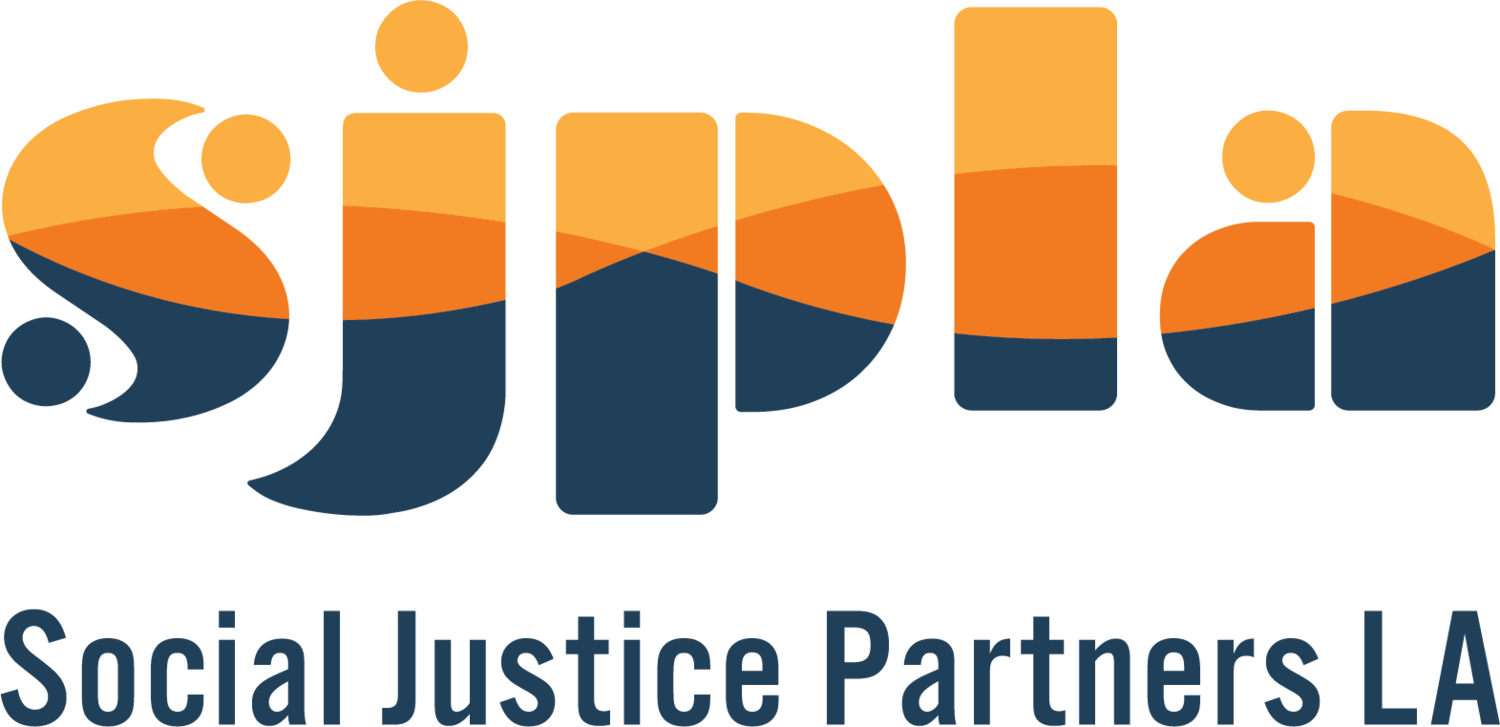Mercedes Frierson, MSW
Diversity, Equity, and Inclusion Consultant | A.C.T.I.O.N. to Healing, LLC
“Racial equity is important because race is a determinant to access, to opportunities, and to achievement. Until folks who look like me and sound like me do not have those barriers in order to get access, to have opportunities, to achieve in the same ways as white folks, then racial equity will continue to matter in all that we do.”
Mercedes Frierson, MSW is a proud Black woman who knows her purpose is to be a social worker, an educator, and a pathway for people's healing and self-discovery. She is the Associate Director of Training at the Los Angeles Homeless Services Authority (LAHSA). Prior to LAHSA, she held seven positions at LA Family Housing with her most recent positions being the Director of Staff Development and the Director of Bridge Housing. She received her Master of Social Work (MSW) from the University of Southern California and her Bachelor of Fine Arts (BFA) from DePaul University Theatre School in Chicago where she pursued her acting career for eight years. She is a key-leader in LAHSA's Racial Equity Initiative which seeks to implement a racial equity lens in the agency's and the LA CoC's policies, procedures, programs, behavior, and culture in service delivery. She has been a Professor at California State University Northridge since 2018 and has over nine years of micro, mezzo, and macro social work experience in the areas of homelessness, staff development, organizational culture, expressive arts therapy, and social work field education. She has certifications and experience in homeless services best practices in the areas of motivational interviewing, trauma-informed care, harm reduction, housing first, and non-violent crisis intervention.
Mercedes specializes in cultural humility as a harm reduction approach to bring people to an awakening of their implicit bias, privilege, and racialized trauma to promote healing, self-discovery and reduce harm they may inflict on others. She mentors graduate social work students in professional development, clinical practice, and leadership. She conducts local and national trainings and facilitates dialogues on working with marginalized individuals and communities through an anti-oppressive, trauma-informed, and culturally humble lens. She is passionate about her calling and dedicates her heart to investing in direct service workers' healing, awakening, and development so they can be their best selves as they work with our most vulnerable populations.

